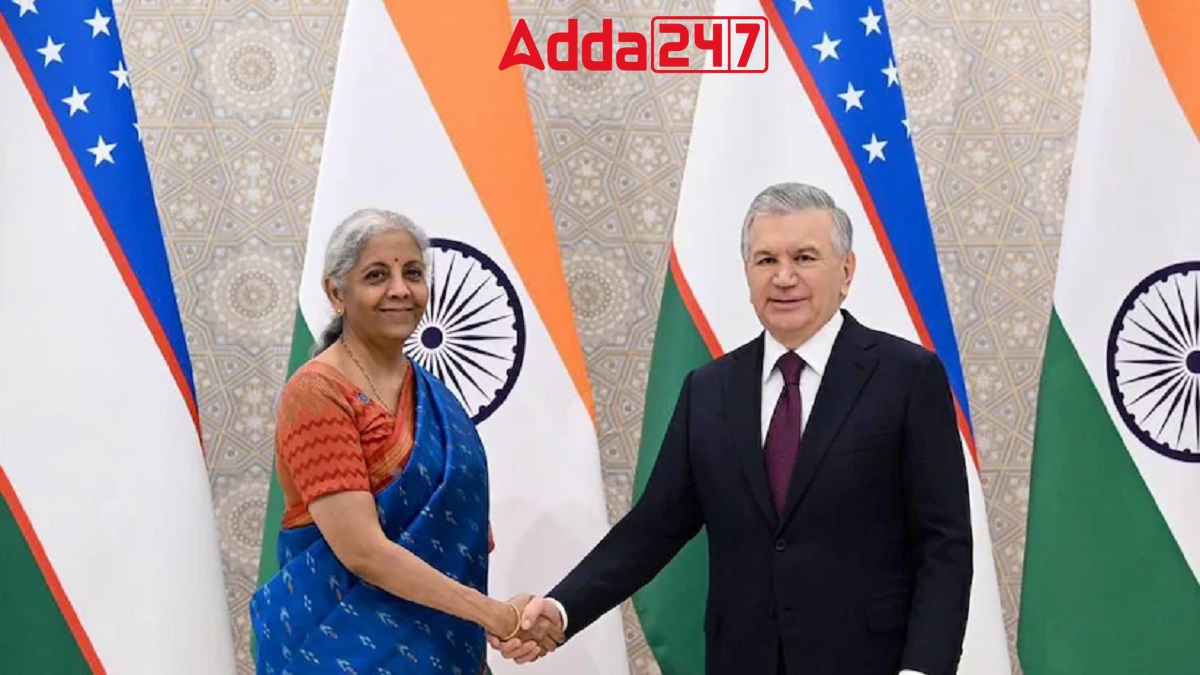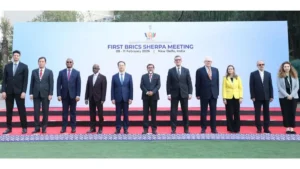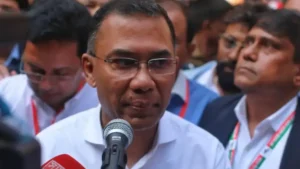India and Uzbekistan have signed a Bilateral Investment Treaty (BIT) aimed at boosting investor confidence and enhancing economic cooperation between the two nations. The treaty was formalized by Indian Finance Minister Nirmala Sitharaman and Uzbekistan’s Deputy Prime Minister Khodjayev Jamshid Abdukhakimovich in Tashkent. This BIT assures protection for investors from both countries, providing a minimum standard of treatment and non-discrimination while facilitating dispute resolution through arbitration.
Key Provisions of the BIT
The BIT includes several crucial provisions, such as:
Protection from Expropriation: Investments are safeguarded against expropriation.
Transparency and Compensation: The treaty promotes transparency in investment operations and outlines compensation protocols for losses.
Balanced Regulatory Rights: While protecting investments, the treaty maintains a balance with the state’s right to regulate, allowing adequate policy space.
Economic Context and Expected Benefits
The signing of the BIT reflects the shared commitment of India and Uzbekistan to create a robust investment environment, which is expected to pave the way for increased bilateral investments, benefitting both economies. As of August 2024, India’s Overseas Direct Investment (ODI) in Uzbekistan amounted to $20 million, with significant investments in sectors like pharmaceuticals, amusement parks, automobile components, and hospitality.
Bilateral Trade Overview
India ranks among the top 10 trade partners of Uzbekistan, with bilateral trade valued at $756.60 million (2023). Indian exports to Uzbekistan primarily consist of pharmaceutical products, vehicle parts, and mechanical equipment, while imports largely include fruit and vegetable products, fertilizers, and lubricants. Total Indian investments in Uzbekistan have reached $61 million, with ongoing discussions for investments in various sectors such as pharma, textiles, agriculture, and mining.
Cultural Engagement
During her visit, Finance Minister Sitharaman also paid homage to India’s former Prime Minister Lal Bahadur Shastri at his memorial in Tashkent and interacted with students at the Shastri School, highlighting the cultural ties between the two nations. An Indian business delegation led by FICCI coincided with this visit, further strengthening business relations.
Uzbekistan: Key Points in Short
Capital: Tashkent
President: Shavkat Mirziyoyev
Official Language: Uzbek
Currency: Uzbekistani Som (UZS)
Population: Approximately 35 million (as of 2023)
Major Cities: Tashkent, Samarkand, Bukhara
Economy: Based on agriculture (cotton, wheat), natural resources (gold, gas), and manufacturing
Key Exports: Cotton, natural gas, gold, fertilizers, and fruits
Major Imports: Machinery, chemicals, foodstuffs, and vehicles
Cultural Heritage: Famous for its historical Silk Road cities like Samarkand and Bukhara
Bilateral Relations with India: India is among the top 10 trade partners; key sectors of collaboration include pharmaceuticals, education, and hospitality.




 India Hosts First BRICS Sherpas Meeting ...
India Hosts First BRICS Sherpas Meeting ...
 Tarique Rahman Set to Lead Bangladesh? B...
Tarique Rahman Set to Lead Bangladesh? B...
 Cyclone Gezani Hits Madagascar: 20 Dead,...
Cyclone Gezani Hits Madagascar: 20 Dead,...








